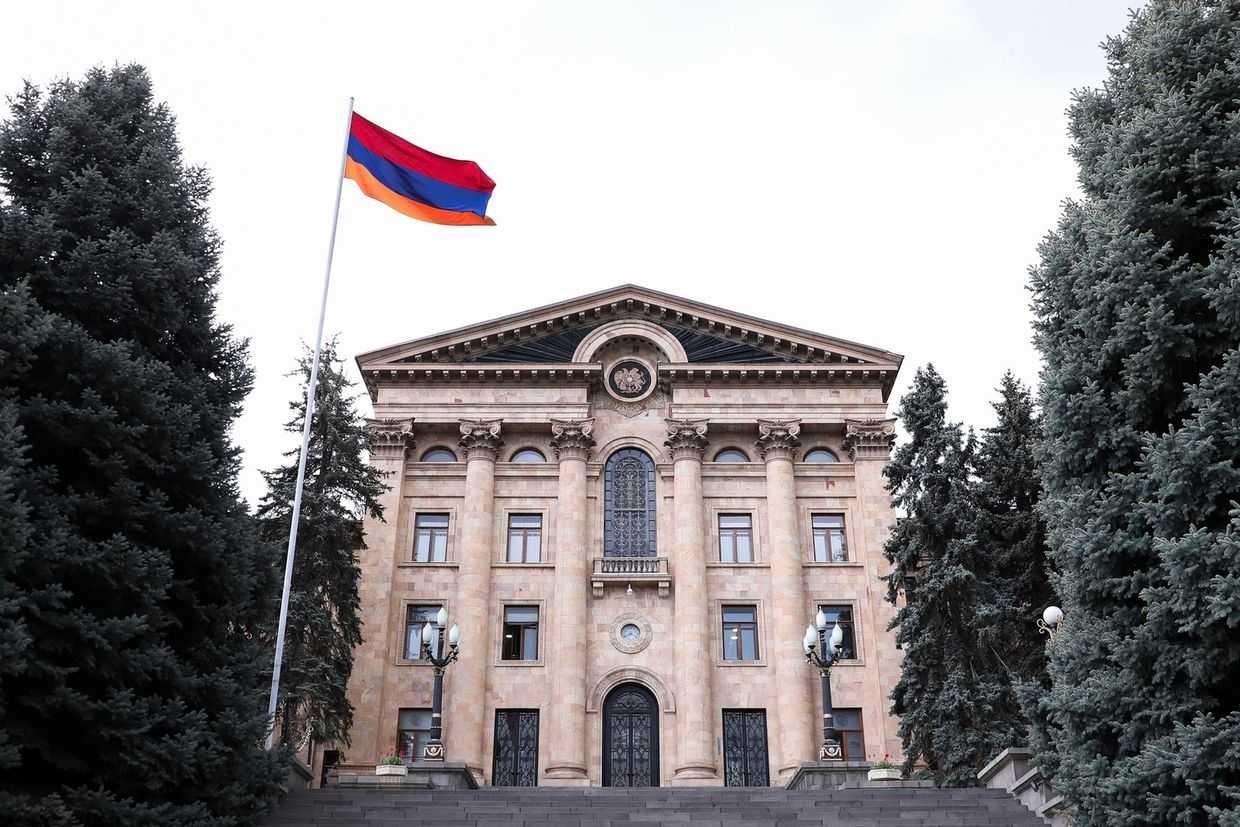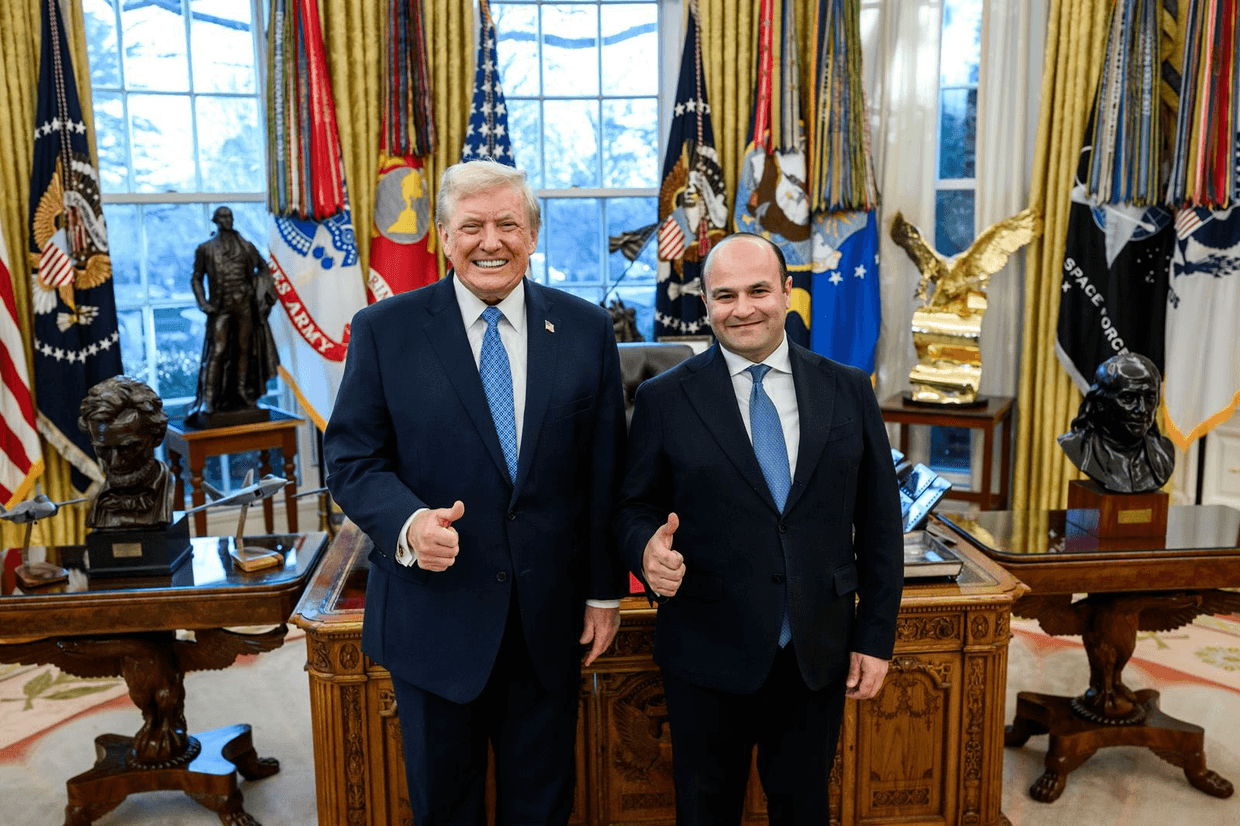
The chair of the Turkish Parliament’s Foreign Relations Committee has called on Armenia to change its constitution and to open the ‘Zangezur corridor’ — a proposal to link mainland Azerbaijan to its exclave of Nakhchivan.
The calls were made by the Turkish Parliament’s Foreign Relations Committee Chair, Fuat Oktay, on Saturday.
He expressed his country’s readiness to normalise relations with Armenia, adding that they will ‘do it together with Azerbaijan’.
He added that Ankara ‘fully supports’ Azerbaijani demands that Armenia change its constitution, and that it ‘declares this to Armenia at every opportunity’, stating that ‘lasting peace’ would be impossible as long as the Armenian constitution ‘contains territorial claims against Azerbaijan’.
Azerbaijan regularly stresses that peace would be ‘impossible’ with Armenia’s current constitution, citing Armenia’s Declaration of Independence, which is referenced in the constitution’s preamble.
The declaration, signed in August 1990, includes a joint decision by the Armenian Soviet Socialist Republic and the Karabakh Council to ‘reunify the Armenian SSR and the Mountainous Region of Karabakh’.
Oktay additionally reiterated Turkey’s demand for the ‘Zangezur corridor,’ describing it as crucial for ensuring ‘sustainable peace in the region’.
The corridor is an Azerbaijani proposal that would see the establishment of a transport link between Azerbaijan and its exclave of Nakhchivan.
Oktay expressed hope that Armenia would not ‘listen to false information coming from third parties and will implement the plan for peace and development’.
Armenia and Azerbaijan agreed in August to remove the arrangement of transport routes from the peace treaty and instead ‘to refer it to a later stage’.
In November, Pashinyan said that Armenia and Azerbaijan could have a resolution on the issue of opening regional transport connections, adding that the Armenian side conveyed a written proposal to Azerbaijan. At the time, Armenian Foreign Minister Ararat Mirzoyan said that negotiations were underway to restore routes — particularly railways.
In an apparent response to Oktay, Armenia’s Deputy Foreign Minister Vahan Kostanyan said during a panel discussion at Bahrain’s Manama Dialogue that Armenia was ‘sincerely interested’ in normalising relations with Turkey, saying that it could ‘positively affect’ the normalisation process with Azerbaijan.
During the panel discussion, Kostanyan also broached the topic of Armenia’s EU agenda, noting that Turkey could ‘become a bridge between Armenia and the EU’.
He said that Armenia sought to have ‘at least neighbourly relations’ with all of its four neighbours and that it sought to diversify its relations, saying that Armenia’s traditional allies ‘were not always helpful’ — a likely reference to Russia.
Kostanyan additionally pointed to Armenia’s proposal to establish transit links connecting the South Caucasus, Turkey, and Iran through its own territory — the ‘Crossroads of Peace’ initiative unveiled by Pashinyan in October 2023.
[Read more: Armenia proposes opening regional transport links as part of ‘Crossroads of Peace’]
While Kostanyan did not address Oktay’s comments regarding Armenia’s constitution, Yerevan regularly denies that the document contains territorial claims against Azerbaijan, with officials countering these claims by accusing the Azerbaijani constitution of containing claims on Armenia.









